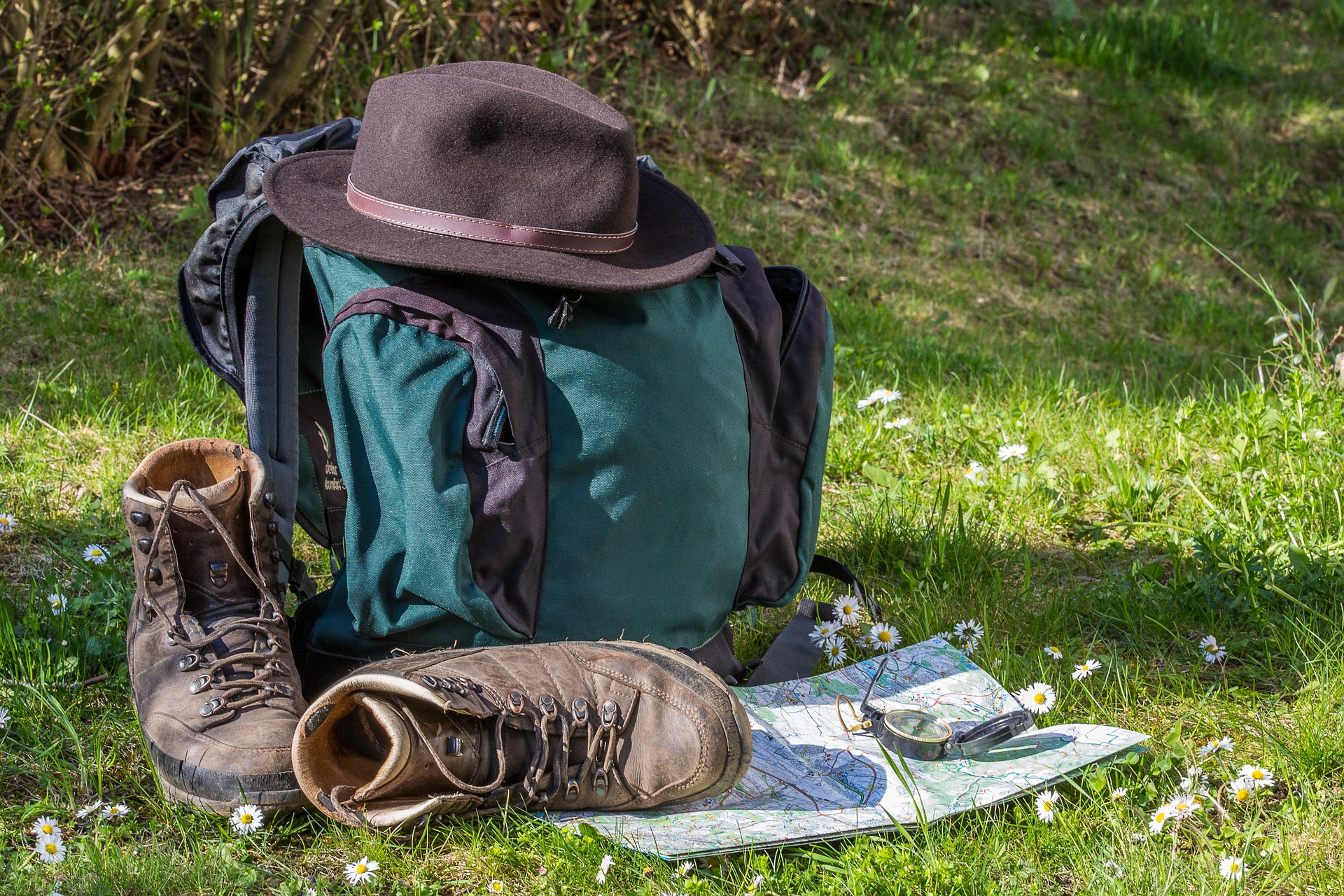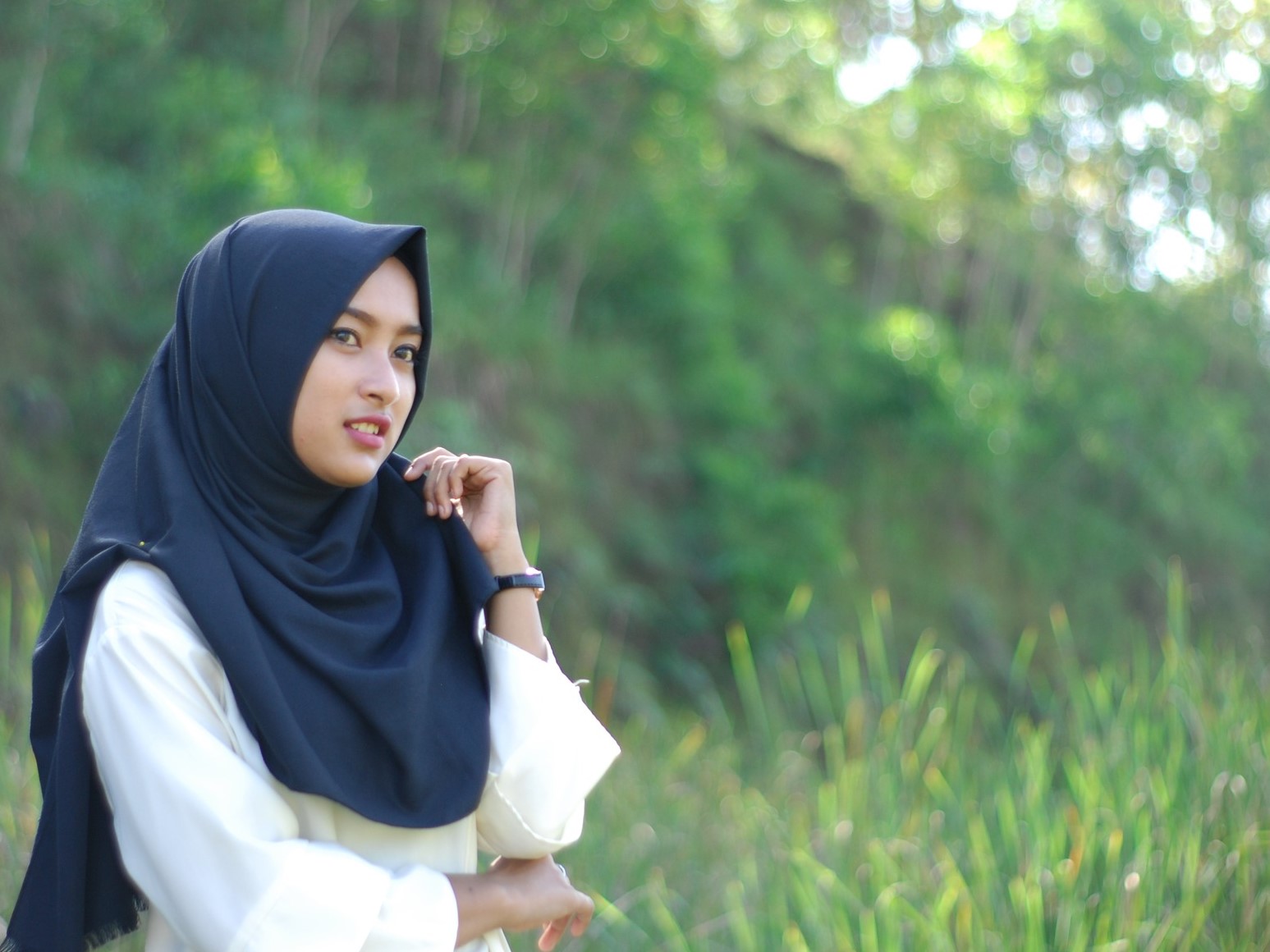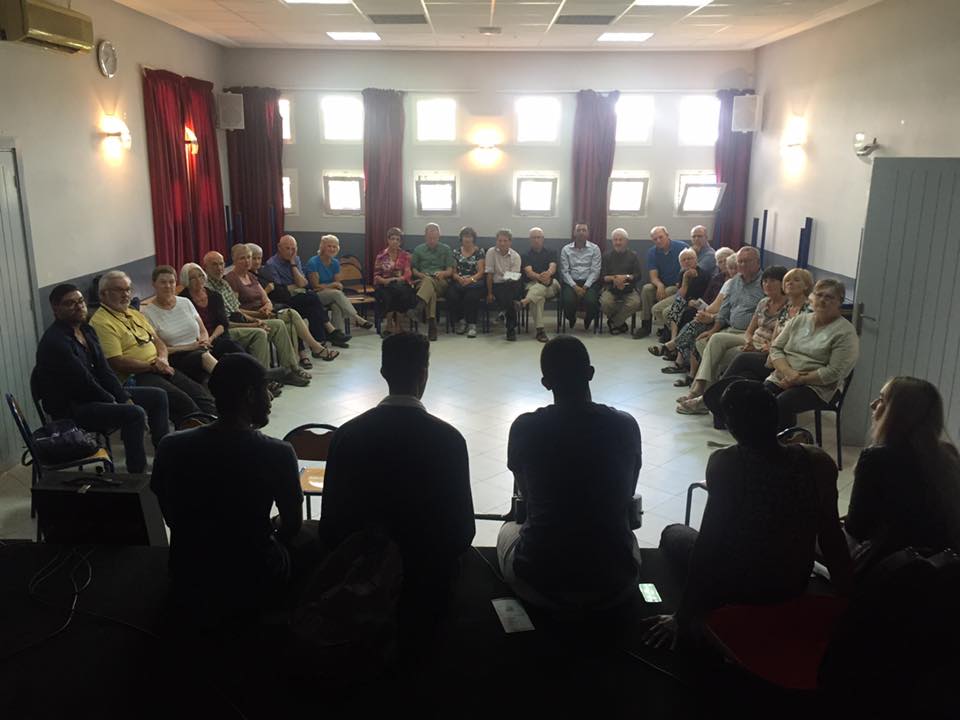It sure wasn't my parents' influence. They never made it outside the US. I am not sure they really believed there was anything outside the US. Their idea of what was beyond the US was like what medieval Europeans believed about what existed beyond the Strait of Gibraltar: it was unknown and unsafe and why in the world would you want to go there?
No, it wasn't my parents, but it was family. My great-aunt Alice is the Funnel Cake Queen of the Universe. She came to this place of distinction by traveling to fairs, carnivals and large parking lots to promote her fine funnel cakes to all and sundry. I started traveling with her when I was 11 and for my entire adolescence, being a carney was my summer job.
I loved the people watching. I enjoyed interacting with people. I was pretty indifferent to the rides, the food was generally horrible, the sites weren't that far from home or very distinct from what I knew, but it was fun to discover what each place had, chat with people, and just be someplace new.
The best part of all, though, was tearing down the stand at the end of the fair and moving during the night to another place. It felt like freedom and adventure to be moving in the night-time summer coolness, tired and dirty from a day's work, just to sleep in our clothes on top of the flour bags in the truck, only to wake later in this new place and start the orientation process again.
Where do we set up? Where is the water source? Where can we bathe? Where's a phone? That feeling of being where we were supposed to be, but knowing little, was exciting and challenging to me, so when I started traveling on my own, not for work, but just to discover, I was already accustomed to going to new places, finding out what was there, and making the best of it.
When I was 17, my best friend from high school and I did a 4-week road trip from SE Pennsylvania as far as Ensenada, Mexico, during January of 1975. We camped without a tent, under the stars, under the car, in picnic pavilions. We got stopped by the police. We had an accident and car problems. We visited Tijuana and had drinks with prostitutes (that's all!). We argued. We laughed. We visited national parks and we discovered lots of things. I felt free. I felt alive. I felt like this is the sort of thing I want to do much, much more of.
Although I eventually grew tired of making funnel cakes, the carney never left my blood. A friend pointed out to me once that as long as I'm moving, I'm happy, and I have to agree with that observation. I used to state that when I turned 50, I would settle down and get a real job, but when I turned 50, I found that I had no inclination to stop moving. I found that travel and the discovery it involves is just as appealing to me as it's ever been. My formula is E = m+c: enjoyment = movement and change. It works for me.
-
'Peculiar travel suggestions are dancing lessons from God'--Kurt Vonnegut, Cat's Cradle


